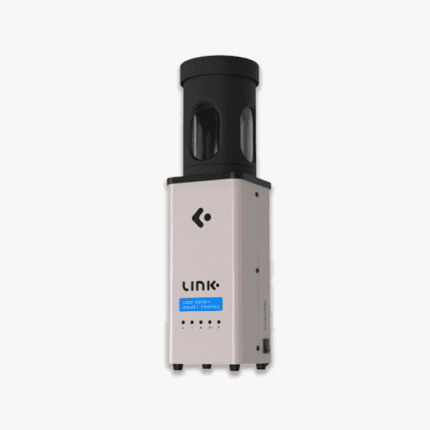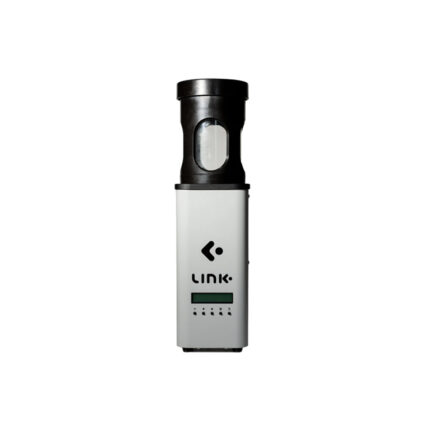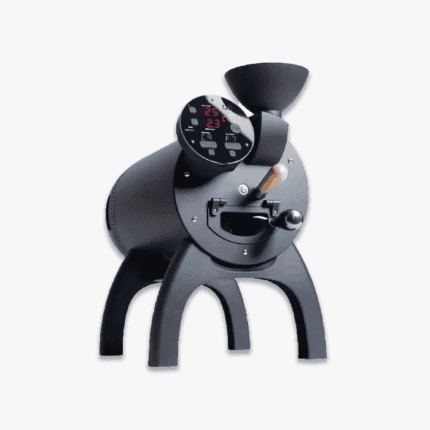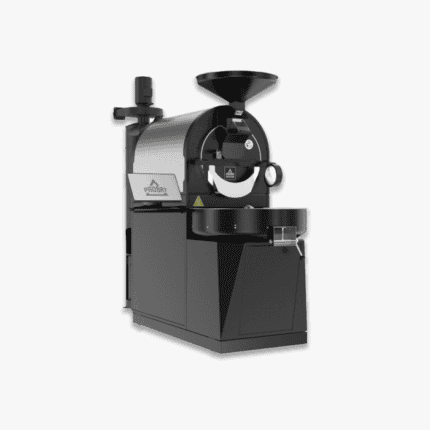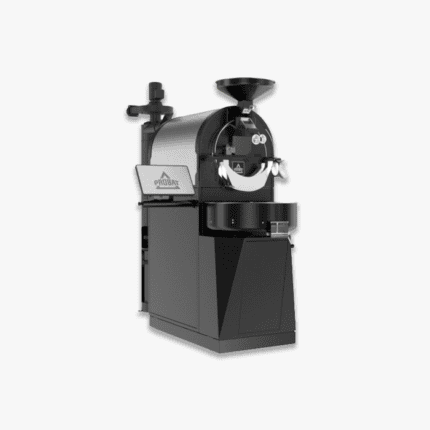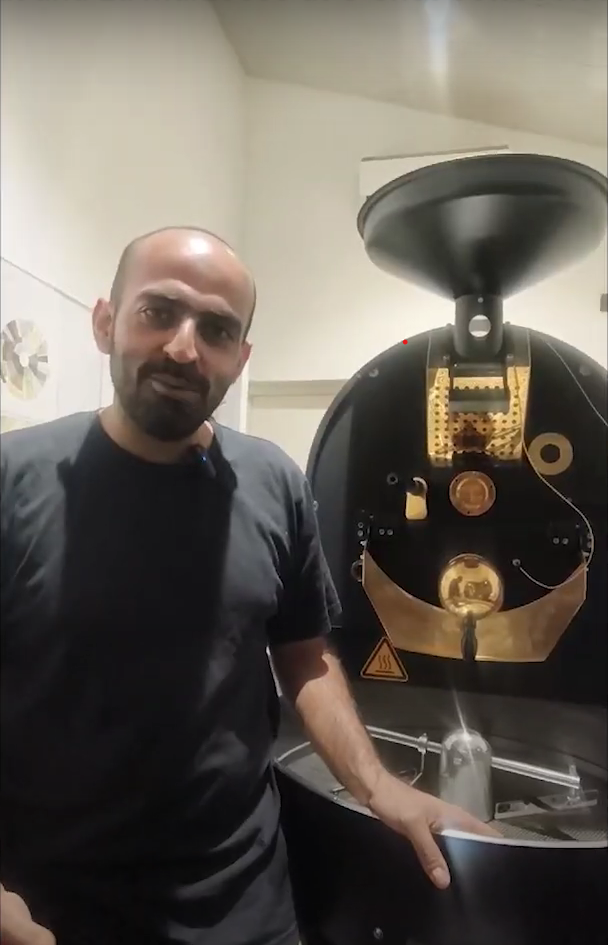Mastering the Art of Coffee Roasters – Kaapi Machines
Understanding Coffee Roasters: A Complete Guide
Coffee roasting is the transformative journey from raw beans to the aromatic, flavorful coffee we enjoy every day. A coffee roaster is essential in this process, providing precision, efficiency, and consistency. Whether you are looking for commercial coffee roasters, high-performance roasting machines, or coffee beans roaster options, choosing the right equipment ensures your coffee reaches its full potential.
At Kaapi Machines, we don’t just supply top-tier coffee roasters; we also provide expert consultation and maintenance to support your roasting journey every step of the way.
Showing all 4 results
Filter by Brands
Product Categories
The Coffee Roasting Process: How a Coffee Roaster Works
Roasting transforms green coffee beans into the flavors and aromas we associate with a perfect cup. This process involves chemical reactions triggered by controlled heat, which develop the bean’s unique character. Understanding these stages allows you to fine-tune your roasting for optimal results.
Key Stages of Coffee Roasting
- Drying Phase: Green beans lose moisture and expand under heat. Duration: 5–10 minutes depending on desired roast level.
- Browning Phase (Maillard Reaction): Amino acids and sugars react to develop complex flavors. Coffee roasting equipment ensures even temperature distribution.
- First Crack: Beans expand and release water vapor. Lighter roasts complete at this stage, producing bright, floral flavors.
- Second Crack: Occurs at higher temperatures, releasing oils for a fuller, bolder flavor. Ideal for dark roasts, giving notes of chocolate, caramel, or smoky undertones.
Properly using a coffee roaster guarantees precision in every stage, resulting in a consistent, high-quality roast.
The Impact of Freshly Roasted Coffee
Freshly roasted beans are rich in aromatic oils and compounds that give coffee its flavor. Over time, coffee loses freshness, making timely roasting crucial.
- Flavor Preservation: Fresh roasts retain maximum volatile oils. Using a coffee roaster ensures your beans maintain these essential compounds.
- Customization: Roasting your own beans allows experimentation with flavors. Light, fruity roasts or bold, dark profiles can be tailored to your taste using a reliable coffee beans roaster.
- Consistency: Every batch maintains uniform quality when using professional coffee roasting equipment.
Choosing the Right Roast Profile
Different roast levels highlight distinct flavors in coffee beans:
- Light Roast: Preserves natural bean flavors with higher acidity. Ideal for single-origin beans like Ethiopian or Kenyan varieties.
- Medium Roast: Balances natural flavors with roasted undertones, producing a smooth, well-rounded cup.
- Dark Roast: Rich, bold, low-acidity coffee with notes of chocolate, caramel, and smoke. Best for robust beans like those from Brazil or Colombia.
A high-quality coffee roaster allows you to precisely control temperature and roasting time to achieve the perfect profile.
Types of Coffee Roasters
Drum Coffee Roasters
Traditional cylindrical drum roasters offer even heat distribution for consistent results. Ideal for small- to medium-scale operations, these are versatile and reliable.
Small Batch Coffee Roasters
Perfect for customized roasting, small-batch machines allow precise control over roast profiles. The Aillio Bullet is an excellent choice for professional or enthusiast roasters seeking nuanced flavors.
Fluid Bed Coffee Roasters
These modern roasters use hot air to circulate beans for faster, uniform roasting. Ideal for light to medium roasts, they enhance bright flavors and unique acidity profiles.
Selecting the right coffee beans roaster depends on your business size, roasting volume, and flavor goals.
Why Invest in a Professional Coffee Roaster
Flavor Control & Customization
Control over roast profiles allows you to create signature blends. Using commercial coffee roasters ensures precision for consistent results.
Freshness & Cost Savings
Roasting your own beans reduces dependency on pre-roasted coffee and ensures maximum freshness, cutting long-term costs.
Efficiency & Consistency
Professional coffee roasting equipment allows bulk roasting with repeatable results. Automated controls ensure perfect temperature and timing every batch.
Integrating Coffee Roasters with Other Equipment
Pairing a coffee roaster with complementary equipment elevates your coffee business:
- Specialty coffee machines: Serve your freshly roasted coffee with professional espresso shots.
- Professional coffee machines: Ideal for high-volume cafes.
- Coffee machine with grinder: Grind beans to exact specifications immediately after roasting.
- Bean-to-cup coffee machines: Perfect for offices or cafes serving fresh coffee on demand.
- Coffee machines for cafes, coffee machines for restaurants, and coffee machines for hotels: Ensure your freshly roasted coffee reaches customers in optimal form.
Integrating a coffee roaster with the right coffee roasting equipment guarantees a seamless coffee production workflow.
Maintenance & Troubleshooting
Cleaning & Maintenance
Regular cleaning prevents chaff buildup and mechanical wear. Inspect components and perform routine maintenance for consistent results.
Common Issues
- Uneven Roasting: Ensure proper heat distribution; use drum or fluid bed roasters for consistency.
- Burnt Beans: Reduce temperature or roasting time.
- Under-Roasted Beans: Increase heat exposure or extend roasting duration.
Reliable coffee roasters simplify these adjustments with precise controls.
Tips for Home and Commercial Roasting
- Experiment with roast profiles to discover unique flavors.
- Cool beans quickly to preserve aroma and oils.
- Store beans in airtight containers to maintain freshness.
- Pair roasting with complementary equipment like commercial coffee roasters and specialty coffee machines for a professional workflow.
Where to Buy High-Quality Coffee Roasters
Kaapi Machines offers a wide range of coffee roasters and coffee roasting equipment, including:
- Automatic and semi-automatic coffee roasters
- Commercial coffee roasters for high-volume production
- Small-batch coffee beans roaster
- Accessories and maintenance support
Our expert team helps with consultation, setup, and training, ensuring your coffee roasting operation is smooth and profitable.
FAQ's
What Are the Different Types of Roasters Available?
Drum, fluid bed, and small-batch coffee roasters each offer unique benefits depending on your production needs.
How Does a Coffee Roaster Work?
A coffee roaster applies controlled heat to green beans, triggering chemical reactions that develop flavor, aroma, and color.
What Are the Benefits of Using a Coffee Roaster?
Using commercial coffee roasters ensures freshness, flavor control, and cost savings.
How to choose the right coffee roaster?
Consider roast volume, budget, space, and desired roast profiles. For personalized guidance, consult Kaapi Machines
How to maintain and clean a coffee roaster?
Follow daily and monthly cleaning routines, remove chaff, inspect components, and troubleshoot issues using a coffee roaster.
Can I use a coffee roaster for commercial purposes?
Yes. Commercial coffee roasters are designed for high-volume use, ensuring consistency and efficiency
How does the bean origin affect roasting?
Origin influences flavor, acidity, and body. A coffee roaster allows precise adjustments to highlight each region’s unique characteristics.
What is the ideal roast profile for cafes?
Medium to dark roasts work best for most cafes, balancing flavor and customer preference.
Can I pair a coffee roaster with specialty coffee machines?
Absolutely. Pairing with specialty coffee machines or professional coffee machines ensures a complete coffee experience.
Where can I buy quality coffee roasters?
Kaapi Machines offers a full range of coffee roasters and coffee roasting equipment with expert guidance, installation, and support.



























